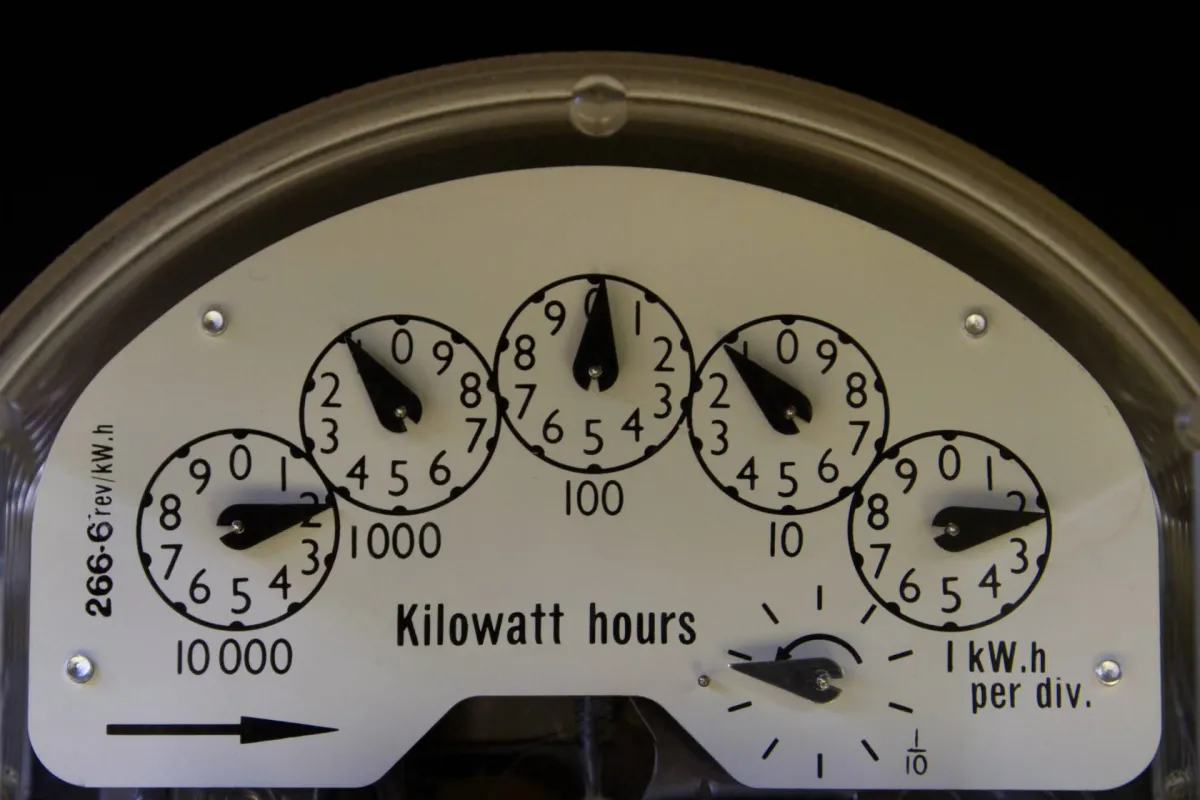Imagine not knowing if you'll be able to afford your next utility bill or if your electricity will be shut off in the middle of a heatwave. For millions of Americans, this is an everyday reality. But new research suggests that rooftop solar panels could be a game-changer for households battling energy insecurity, offering a sustainable and financial lifeline.
A recent study published in Nature Energy examined the impact of rooftop solar on energy insecurity, specifically among low-to-moderate income households. The findings show that by generating 80-100% of a household's electricity needs, solar drastically reduces dependence on the utility grid, leading to significant reductions in energy bills.
But they do far more than reduce energy costs in the short term; they also provide sustainable, preventative benefits that help families avoid falling back into energy insecurity.
"Rooftop solar reduces energy insecurity in myriad ways. Low-income households are more likely to be able to pay their electricity bill; less likely to receive a disconnection notice; and less likely to forgo expenses on other necessities to pay an energy bill," said PhD student Madeline Yozwiak, one of the researchers of the study.
For example, the likelihood of being unable to pay an electricity bill dropped by 44%, and the risk of receiving a disconnection notice decreased by 46%. Solar also helped families reduce their overall energy consumption, avoid forgoing basic necessities like food and medicine to pay bills, and keep their homes at comfortable temperatures.
But solar alone isn't the whole answer. David Konisky, another researcher involved in the study, pointed out, "In addition to technological solutions like solar power, we are evaluating other interventions such as improvements in energy assistance programs and utility payment programs."
...


